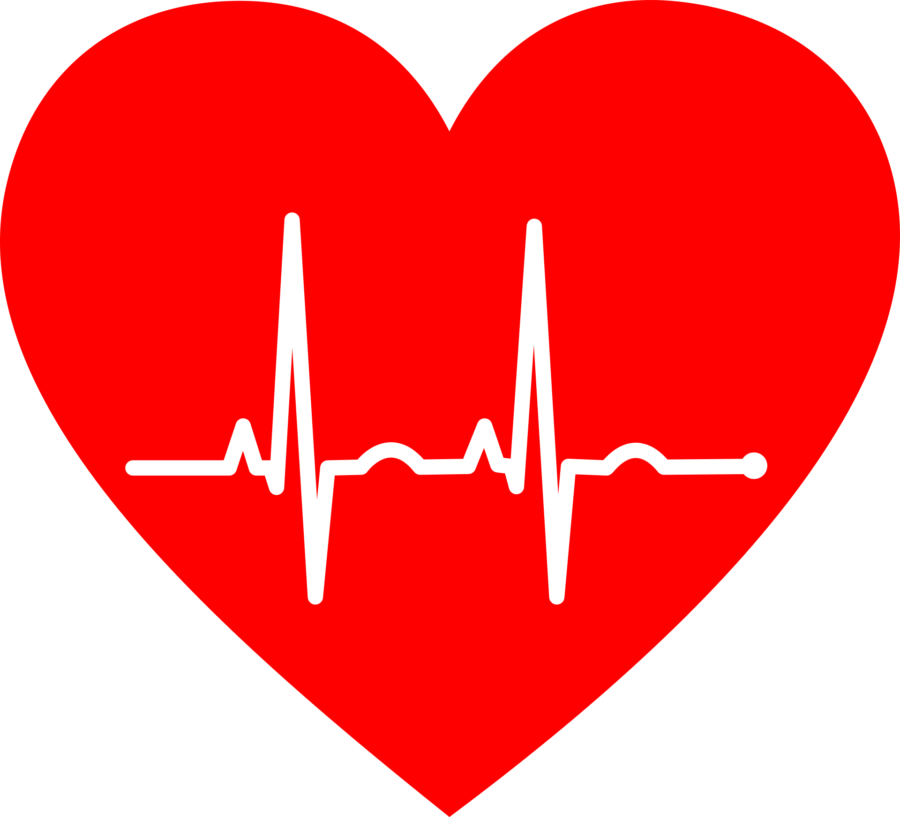Useful Health Information Everyone Needs to Know

There is nothing more frightening than watching someone you love undergo a medical emergency. At that moment, you want to make sure that you know what’s happening and can recognize when it is time to get real medical help. In some instances, a 911 call may be necessary immediately. In other cases, you can call a doctor and set up an appointment to find out the necessary next steps.
Fortunately, with knowledge and information, you know when you or someone you know is experiencing a medical emergency and the next steps you should take. Here is some vital health information that you need to know.
Overdose: Drug overdoses are frightening situations that have become far too common in the United States. In 2018, more than 67,000 Americans died of a drug overdose.
Symptoms of a drug overdose can be hard to tell, as they may vary, depending on what drug (or combination of drugs) someone takes. However, information on how to handle an overdose can be the difference between life and death. This starts by spotting the signs and symptoms:
- Rapid and sometimes violent changes in behavior. Someone may appear to “crash” and show signs of slowed breathing or loss of consciousness. The opposite may also occur; a person may become hyperactive, violent, or uncontrollable.
- A person may experience hallucinations or extreme anxiety.
- Digestive difficulties, including an upset stomach, inability to control one’s bladder, or vomiting.
- Changes in appearance, including profuse sweating or skin color changes.
If you suspect someone is overdosing on heroin, you can administer naloxone, a life-saving drug that can reverse the effects of a heroin overdose. You should also immediately call 911, particularly if it appears that someone is having trouble breathing.
Diabetes: Diabetes occurs when your blood sugar is too high. It can have a variety of long-term, negative impacts on your health, including heart disease, stroke, amputation, and worse. It is also widespread, with more than 10% of Americans being diagnosed with this condition.
There are many common symptoms of diabetes. These include:
- Weight loss that is not attributable to anything.
- Frequent urge to urinate.
- Numbness in your extremities.
- Blurred vision.
- Slow healing and more inflections in your body.
If you believe that you or someone you know has diabetes, the best thing you can do is see a doctor immediately. A medical professional will likely make a variety of recommendations that will likely include some combination of dietary adjustments, lifestyle changes, exercise, and prescription drugs, like insulin.
Stroke: A stroke occurs when the bloody supply to your brain is interrupted or stopped. They can lead to lifelong disabilities or death. However, quick action can save someone’s life.
Symptoms of a stroke include:
- Trouble speaking or understanding what others are saying. Someone may appear as if they are intoxicated.
- Drooping of one side of the face or body.
- Headaches that appear suddenly and are very painful.
- Vision problems.
- Coordination issues.
The best thing you can do if you suspect a stroke is call 911 immediately.
These are four relatively common problems. Thankfully, when you are informed about them, you can potentially save someone’s life.